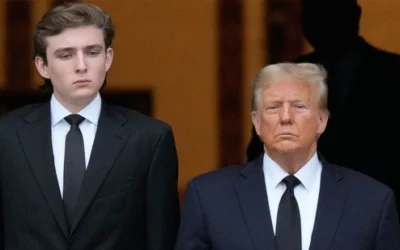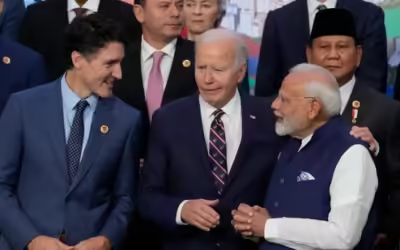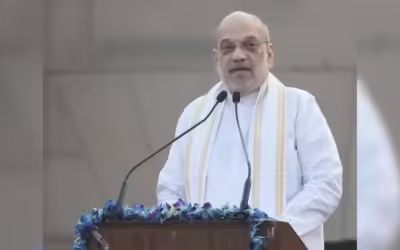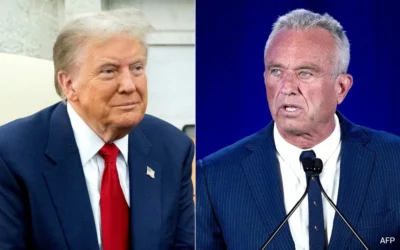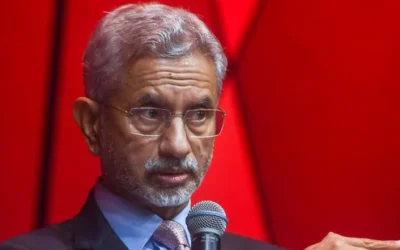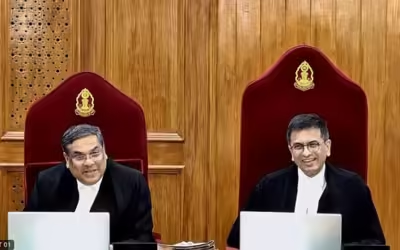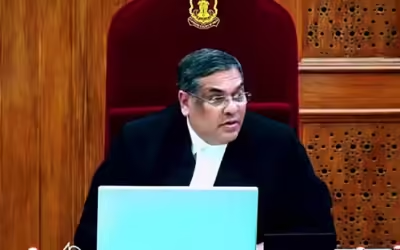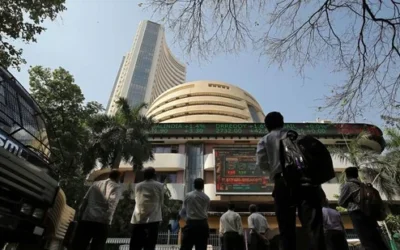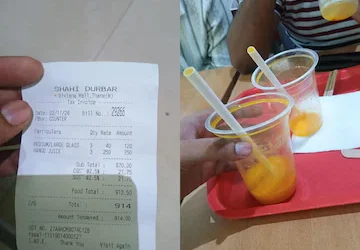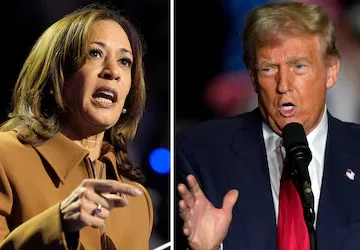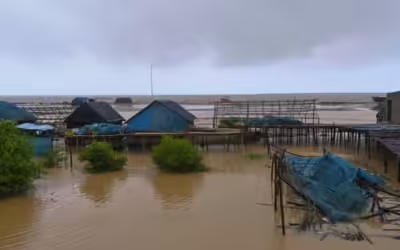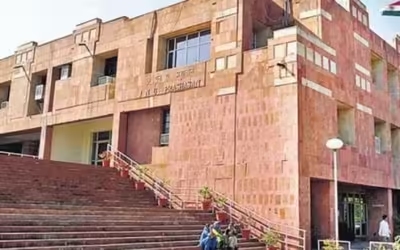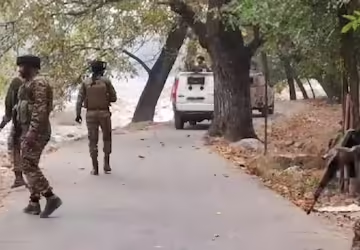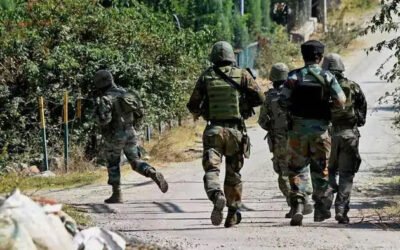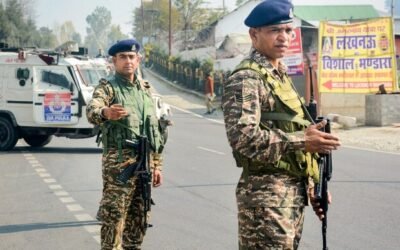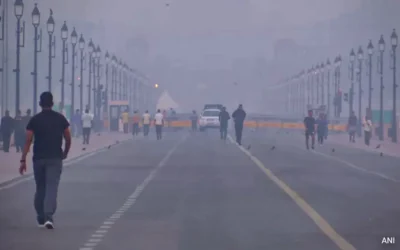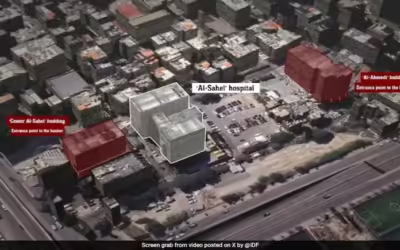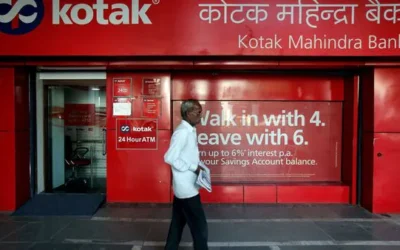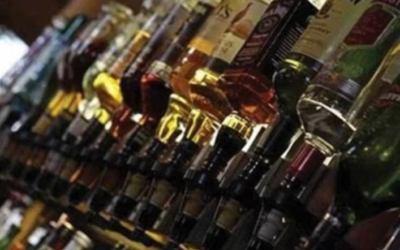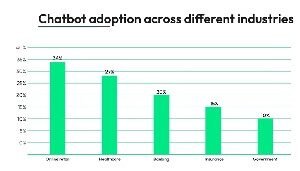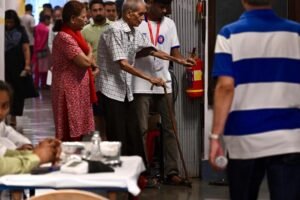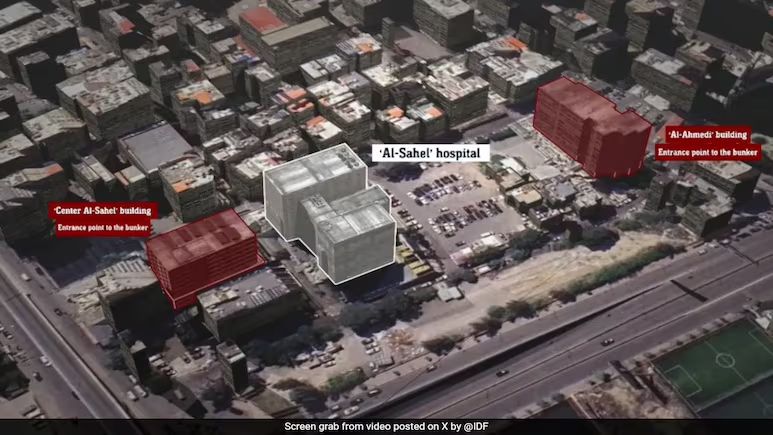New Delhi:
Israel announced on Monday the declassification of intelligence suggesting the existence of a covert Hezbollah financial center beneath a hospital in Beirut. The Israel Defense Forces (IDF) revealed that the underground facility reportedly held vast sums of cash and gold amounting to hundreds of millions of dollars, purportedly utilized to finance the organization’s activities.
Following a sequence of pinpoint airstrikes carried out by the Israeli Air Force on Sunday evening to target Hezbollah’s financial resources, a revealing announcement was made. Rear Admiral Daniel Hagari, the IDF spokesperson, shared comprehensive insights during a televised briefing. He disclosed, “This evening, I am set to unveil intelligence concerning a specific location that remained untouched during our operation – a site where Hezbollah has amassed substantial amounts of gold and cash within Hassan Nasrallah’s hideout. Situated directly beneath Al-Sahel Hospital in the center of Beirut, the bunker conceals millions of dollars.
Hagari mentioned that, despite claims of substantial financial reserves, the site remained untouched. He stated, “Reports suggest that around half a billion dollars in cash and gold are housed in this underground facility. This wealth has the potential to aid in the reconstruction of Lebanon.
Nearly 30 locations affiliated with Hezbollah were the focus of Sunday night’s airstrikes, with specific attention given to sites controlled by Al-Qard Al-Hassan (AQAH), a financial organization associated with Hezbollah. Despite its charitable registration, AQAH has faced allegations from Israel and the United States of playing a pivotal role as Hezbollah’s financial powerhouse, enabling the group to obtain funds and gold reserves to support its military activities.
Hagari stated that a primary objective was an underground vault holding tens of millions of dollars in cash and gold, believed to be financing attacks on Israel. Although Hagari didn’t specify if all the funds were obliterated in the attack, he hinted at more airstrikes to come, focusing on other financial centers.
IDF Chief of Staff Lt Gen Herzi Halevi disclosed that more than 300 strikes were carried out on Hezbollah sites in Lebanon within a day, targeting crucial financial and logistical centers. This offensive came as part of an escalated Israeli campaign to destabilize Hezbollah’s financial resources.
Since the 1980s, Al-Qard Al-Hassan has been active in Lebanon, offering loans to Lebanese individuals in return for gold collateral. Despite its official designation as a charitable organization, Israeli and US authorities contend that the company plays a pivotal role in Hezbollah’s economic framework, facilitating the illicit transfer of funds and funding the group’s endeavors through a front of legitimate banking services.
Hagari stated that Hezbollah relies on the Lebanese population and the Iranian government as its primary revenue streams. He claimed that the group employs financial tactics such as cash transfers through Syria and the smuggling of gold from Iran into Lebanon. Allegedly, Hezbollah runs factories in various countries including Lebanon, Syria, Yemen, and Turkey to generate significant funds in support of its terrorist operations, as reported by IDF intelligence.
Israel launched an airstrike in Syria on Monday, targeting the leader of Hezbollah’s financial arm, Unit 4400, in a connected event. This unit oversees the transfer of Iranian finances to Hezbollah, largely derived from revenues generated by Tehran’s oil trade. The commander, whose identity remains undisclosed and who had assumed the position recently, was eliminated during the attack, as reported by Hagari.
In recent weeks, another Hezbollah financial figure has been assassinated, marking the second significant incident of its kind. Mohammed Jafar Ksir, also known as Sheikh Salah and the former head of Hezbollah’s financial operations, was killed by Israeli forces in early October. Ksir played a crucial role in managing the group’s financial resources, which are vital for its impact on Lebanon’s military and political spheres.
The most recent Israeli activities occurred during an increase in tensions between Hezbollah and Israel, stemming from Hezbollah’s show of support for Hamas through a series of attacks since the October 7 events of 2023.
Israeli authorities believe that around 2,000 Hezbollah combatants have lost their lives since the escalation of the conflict in late September 2023. In response, Hezbollah has launched rocket assaults targeting Israeli communities and military installations, notably directing a recent onslaught towards an intelligence facility close to Tel Aviv.






